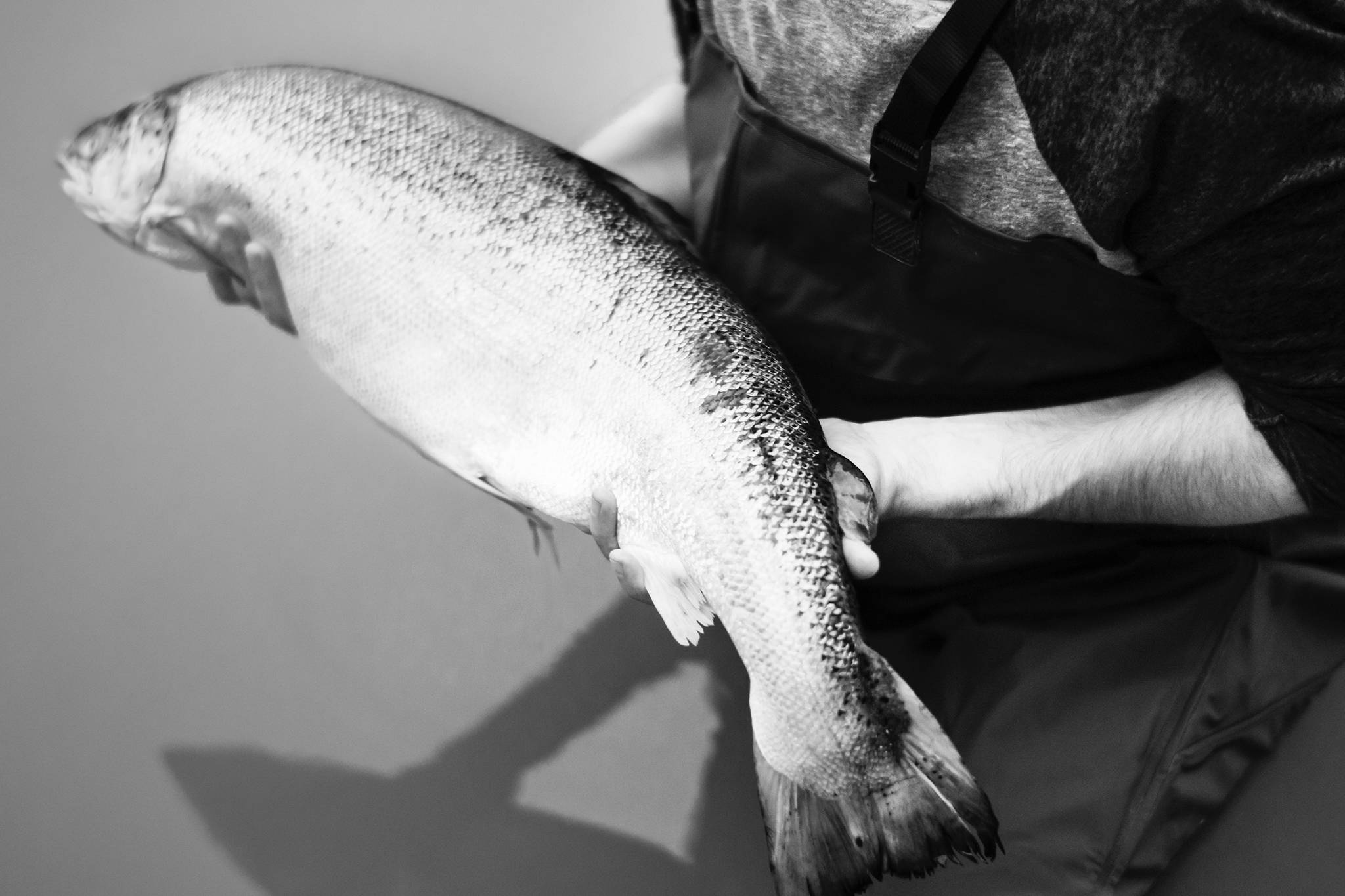Salmon have always been and will always be a vital part of our culture, history and way of life. The decision by Alaska Native Regional Corporations to oppose Ballot Measure 1 was not easy, given our peoples unique connection to the land and water and the life they sustain, but there’s no doubt that our decision to oppose Ballot Measure 1 was right.
Supporters of Ballot Measure 1 are aggressively pushing a measure whose impacts they do not appear to understand or appreciate. This comes as no surprise to us, as the measure’s architects made no effort to engage all voices in the Alaska Native community or the Alaska public at large as they developed their proposal.
This was a measure drafted in private with no public input, hearings, or scrutiny – we find that ironic and hypocritical given that the supporters’ central argument in favor of Ballot Measure 1 is the need for enhanced public comment in developing fish habitat protections.
As the largest private land owners in the state, Alaska Native Corporations want to be — and have a right to be — at the table when matters that impact us so profoundly are being discussed. The fact that Ballot Measure 1’s architects ignored our voices is a source of deep concern. No one asked us for input, and no one sought our advice. Ballot Measure 1 is now before voters as a “take it or leave it” proposition and, under these conditions, it’s easy to see why we choose to “leave it.”
But our opposition is tied to more than principles of inclusion.
The flaws inherent to Ballot Measure 1 — from the problems it will create for our people to its failure to heed voices in our community — have motivated us to oppose this drastic policy shift.
Passage of this measure would cause immediate and lasting negative harm to vital rural infrastructure projects related to health and public safety. Moreover, the passage of the measure could impact our peoples’ ability to access the lands and waters our people have subsisted off for generations.
Supporters of the measure have been quick to dismiss critics as being motivated by narrow financial interests, but the reality is that the implementation of Ballot Measure 1 will do more harm to Alaska (and Alaskans) than its supporters are willing to admit — something we consider to be wholly irresponsible.
Ballot Measure 1 also represents a direct threat to our right of economic self-determination. The ability to develop our land and resources as we see fit was guaranteed to us under the Alaska Native Claims Settlement Act passed by Congress in 1971. Ballot Measure 1 would diminish our rights of economic self-determination, putting a damper on our future without doing anything to tangibly improve on existing habitat protection policies.
Alaska Native people have always had a special relationship with salmon and the other wildlife with whom we share this vast land. However, Ballot Measure 1 isn’t going to better protect Alaska’s salmon. Instead, it will harm the people and regions who rely on the land and water supporters of the measure say they are trying to protect.
Ballot Measure 1 is bad for Alaska Native people and bad for the state, and that’s why we’re firm in our opposition to this deeply flawed measure. We urge you to vote no on Ballot Measure 1 on Nov. 6.
• Anthony Mallott is the president and CEO of Sealaska Corporation, and Sophie Minich is the president and CEO of CIRI. They penned this piece on behalf of the following co-signatures: Andrew Guy, president and CEO of Calista Corporation; Shauna Hegna, president of Koniag, Incorporated; Gabriel Kompkoff, CEO of Chugach Alaska Corporation; Thomas Mack, president and CEO of The Aleut Corporation; Rex Rock Sr., president and CEO of Arctic Slope Regional Corporation; Aaron Schutt, president and CEO of Doyon, Limited; Gail Schubert, president and CEO of Bering Straits Native Corporation; and Wayne Westlake, president and CEO of NANA Regional Corporation. Collectively, they represent nearly 120,000 Alaska Native shareholders and hold title to nearly 33 million acres of surface and subsurface estate in Alaska.

